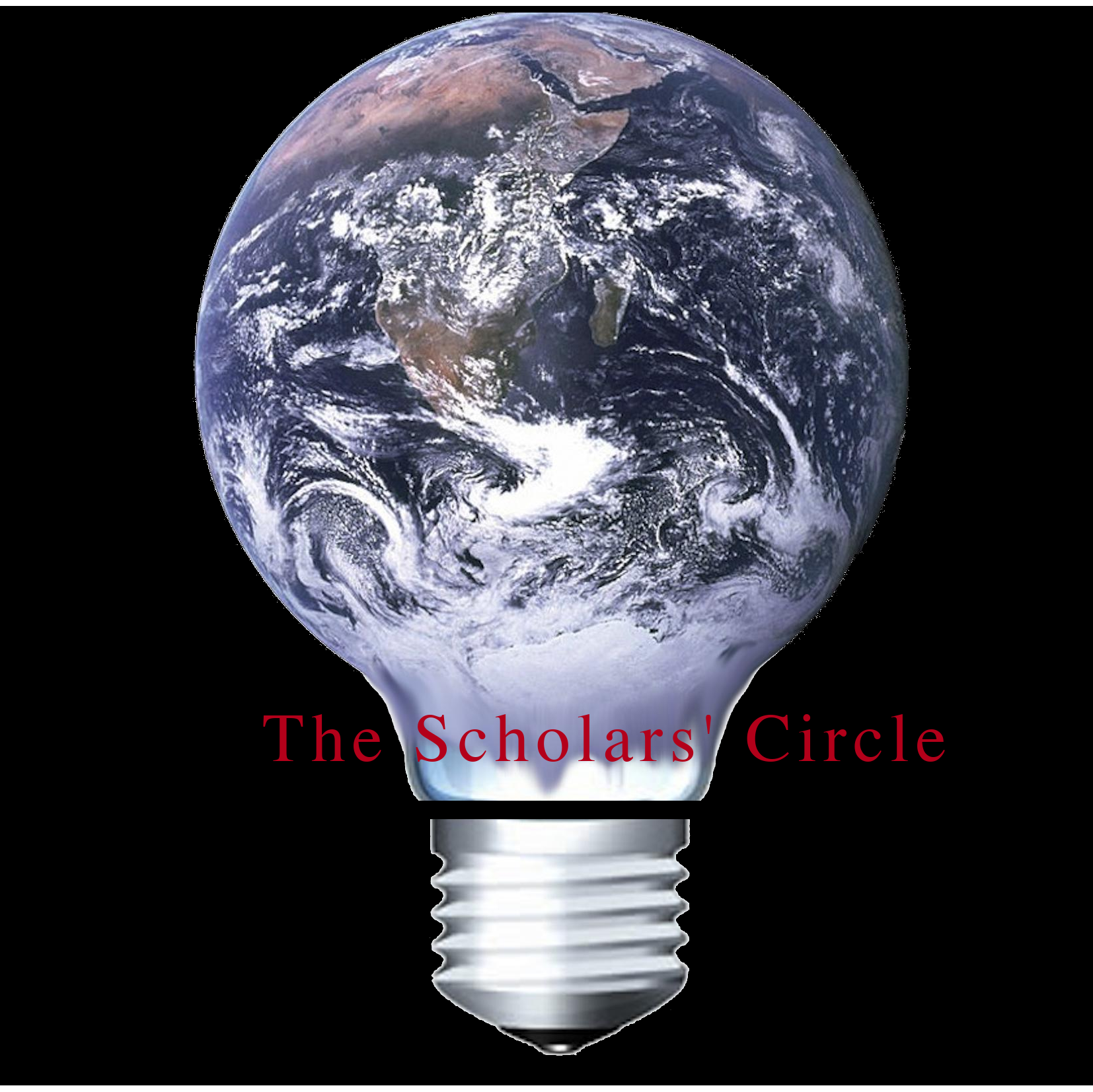Scholars’ Circle – Ethnic cleansing of Artsakh – October 1, 2023
Description
Azerbaijan has attacked the indigenous Armenian people in an area known internationally as Nagorno-Karabakh, forcing them to flee from their ancestral homelands. Over hundred thousand have fled the region they know as Artsakh. Why has the international community failed to do anything to protect this population who left behind their homes, communities, belongings, and historical heritage?
Russia's abandoned its role of protector of Armenians who are now victims to atrocities and grave human rights violations. And the US has failed to act on the warnings about Azerbaijan's aggression toward the civilian population. What should now be done to address Azerbaijan's campaign of ethnic cleansing and atrocities? [ dur: 58mins. ]
Stephan Astourian recently retired as the William Saroyan Director of the Armenian Studies Program at the University of California, Berkeley. He is now Professor in the International Relations and Diplomacy Program at American University of Armenia and the Director of the Turpanjian Center for Policy Analysis. He is the author of State, homeland, and diaspora: The Armenian and Azerbaijani cases and On the Genealogy of the Armenian–Turkish Conflict, Sultan Abdülhamid and the Armenian Massacres.
Vahram Ter-Matevosyan is Associate Professor of Political Science and International Relations at the American University of Armenia. He is the co-author of the monographs “Turkey, Kemalism, and the Soviet Union: Problems of Modernization, Ideology and Interpretation," “Islam in the Social and Political Life of Turkey, 1970-2001”, and “Navigating between international recognition paradigms: prospects and challenges for Nagorno Karabakh”,(with Edita Ghazaryan).
Steve Swerdlow, esq. is Associate Professor of the Practice of Human Rights in the Department of Political and International Relations at the University of Southern California. A human rights lawyer and expert on the former Soviet region, Swerdlow was Senior Central Asia researcher at Human Rights Watch, heading the organization’s work on Uzbekistan and Tajikistan, and founding its Kyrgyzstan field office. He worked as a human rights monitor for the Union of Council for Soviet Jews (UCSJ) as their Caucasus monitor in Armenia, Azerbaijan, and Georgia as well as with the International Organization for Migration (IOM) in Russia.
Ronald Grigor Suny is the William H. Sewell Jr. Distinguished University Professor of History and Professor of Political Science at the University of Michigan and Emeritus Professor of Political Science and History at the University of Chicago. He is the author of The Soviet Experiment: Russia, the USSR, and the Successor States, Red Flag Wounded: Stalinism and the Fate of the Soviet Experiment, and editor of Transcaucasia, Nationalism and Social Change: Essays in the History of Armenia, Azerbaijan, and Georgia.
This program is produced by Ankine Aghassian, Doug Becker, Mihika Chechi, Melissa Chiprin, and Sudd Dongre.
More Episodes
For the first time since the nations founding a former President was convicted of a felony. What does the criminal conviction mean for Trumps ability to run for President and to govern if he wins? And why does the US have such a challenge in prosecuting former Presidents, when it has a history of...
Published 06/09/24
Published 06/09/24
What challenges and crises are the sudden death of Iran's president and his succession revealing? What's happening inside the country? What's happening with Iran internationally?
We speak with four Iranian scholars on Iran's political system, internal politics, social and political repression...
Published 06/03/24


